Podcast: Play in new window | Download (Duration: 30:27 — 41.8MB)
When this aired Canada was in its third week of the convoy protests in Ottawa and across the nation. People in Canada were beside themselves witnessing the unlawful events and the openly displayed symbols of hate and racism. This isn’t the democracy we know and love. With all the frustration and confusion we wanted to hear from the experts. Why is this happening? And what can we do to stop this from happening again?
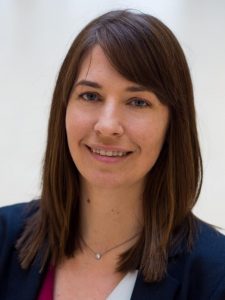
Dr. Jennifer Wolowic
Dr. Jennifer Wolowic is the project manager for the Strengthening Canadian Democracy Initiative run through the SFU Morris J. Wosk Centre for Dialogue.
The Strengthening Canadian Democracy Initiative catalyzes conversations for creating a more resilient democratic culture across Canada. We develop collaborations with institutions, practitioners, and citizens and then evaluate the results of these collaborations to identify what works, when, and how to improve democracy. ~ democracydialogue.ca
- Antagonistic populism – being used disruptively, creating digital dis-information spheres
- Importance of community
- People are seeking belonging
- When you feel belonging to a community, you’re more likely to believe change in government is possible
- Group cognitive thresholds – when a 20-30% minority can change the focus for the other 70-80%
- We sometimes forget we belong to many groups
- Radicalization and isolation – we want to talk to the 6 people who agree with us, which causes a polarization of ideas
- Belonging – community building, symbols, language (“freedom”), influence (“stopping traffic”)
- Anxiety and fears – all this stuff happening that we can’t control, history was not what we were taught in school
- The social narrative is wrong, but don’t understand why so we look for simple answers
- Rural people not feeling tuned into the causes and a way out
- Learn to check ourselves and our “attribution errors”
- Ask yourself, “what question could I ask?”
- De-radicalize
- Having uncomfortable dialogs
- What is a question you could ask to understand the fear? Break it down
- Get them to see the hypocrisy of what they are saying, then move on to another subject you both bond over.
- Democratic Competencies
- Practice the skillset of compromise, consensus and the acceptance of defeat
- Make more opportunities to learn these in your organizations and families
- Local solutions
- Engage with issues in your community
- Nudging power structures to open conversation
- Self care … try 5% of your energies to bring friends/family back from the edges
- International efforts to curb damaging populism
- EU, Norway, Finland
Further reading
The following are sources for further reading suggested by Dr. Jennifer Wolowic.
- How to Break Out of Your Social Media Echo Chamber
- Building resilience and reducing risk
- How to talk to QAnon loved ones at thanksgiving
- What to do when a loved one sides with white supremacists
- How to talk to friends and family who share conspiracy theories
- Responding to hate
- Reference Framework of Competences for Democratic Culture
- National Strategy on Countering Radicalization to Violence
- The role of families in preventing and countering violent extremism
- Sally Kohn, The Opposite of Hate
- Ezra Klein, Why We’re Polarized

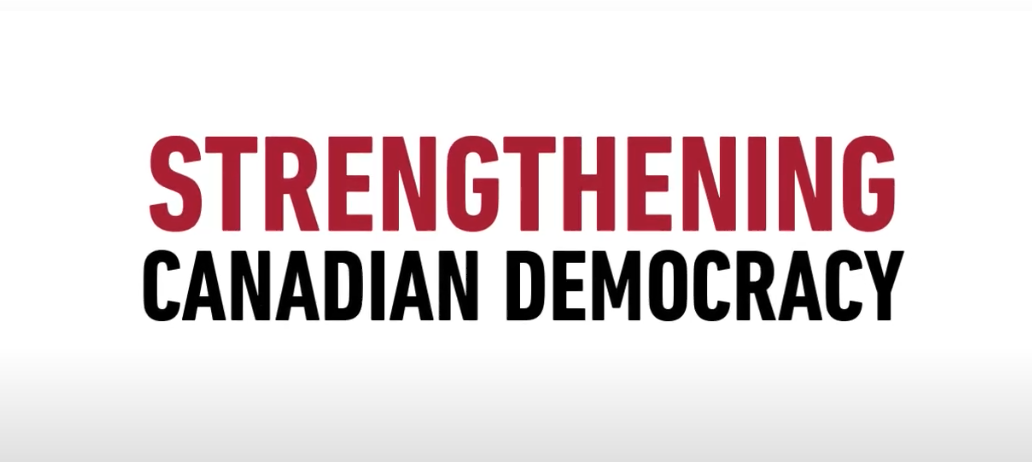
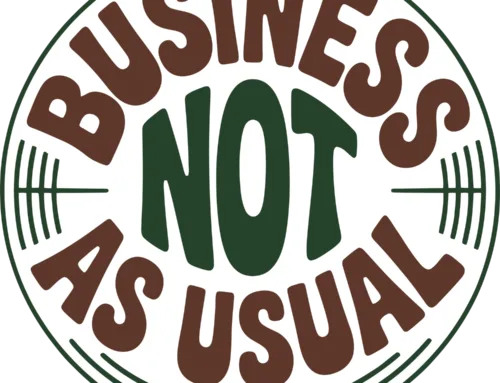
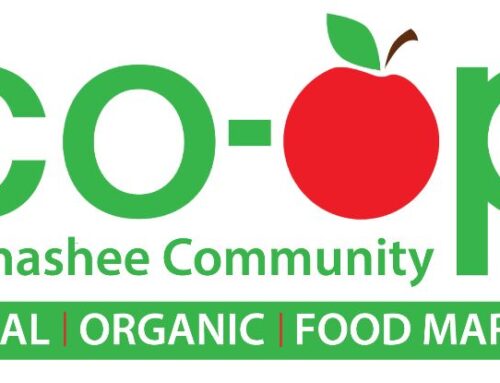
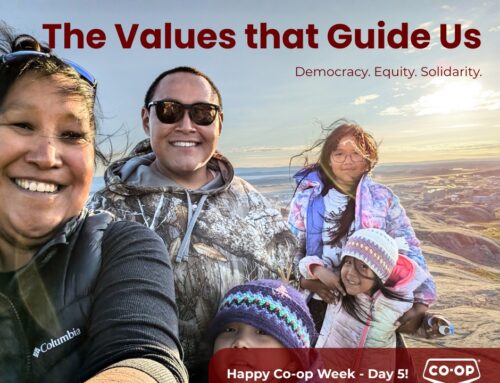
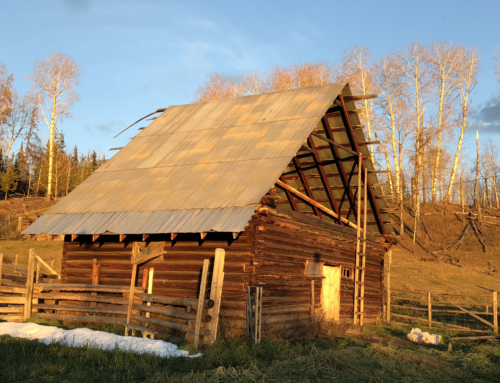
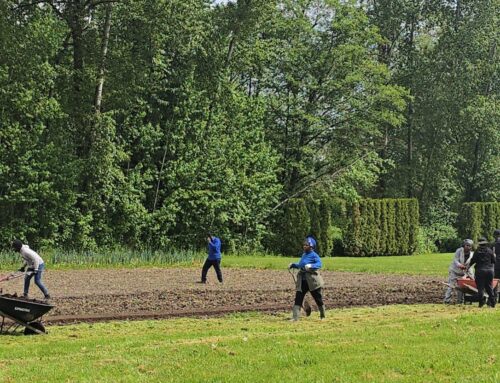
Leave A Comment